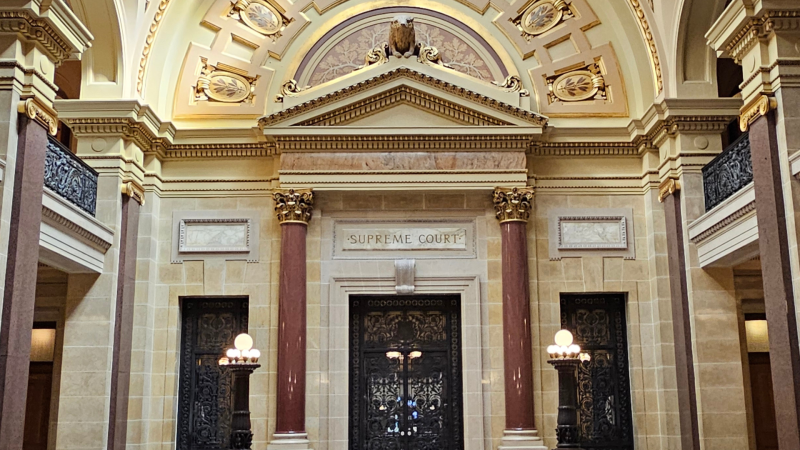Justice Jill Karofsky said she fears the Supreme Court is being asked to “sign the death warrant” for women and others as the Sheboygan DA seeks to restore an 1849 law that had been interpreted to ban abortions except to save the life of the mother.
Meanwhile, fellow liberal Rebecca Dallet questioned whether the state could still enforce a law that was written by white, landowning men considering ...
Please log in to access subscriber content.
If you don't have a subscription, please contact schmies@wispolitics.com for subscription options on the WisPolitics-State Affairs platform, which is the new home for WisPolitics subscriber products.


